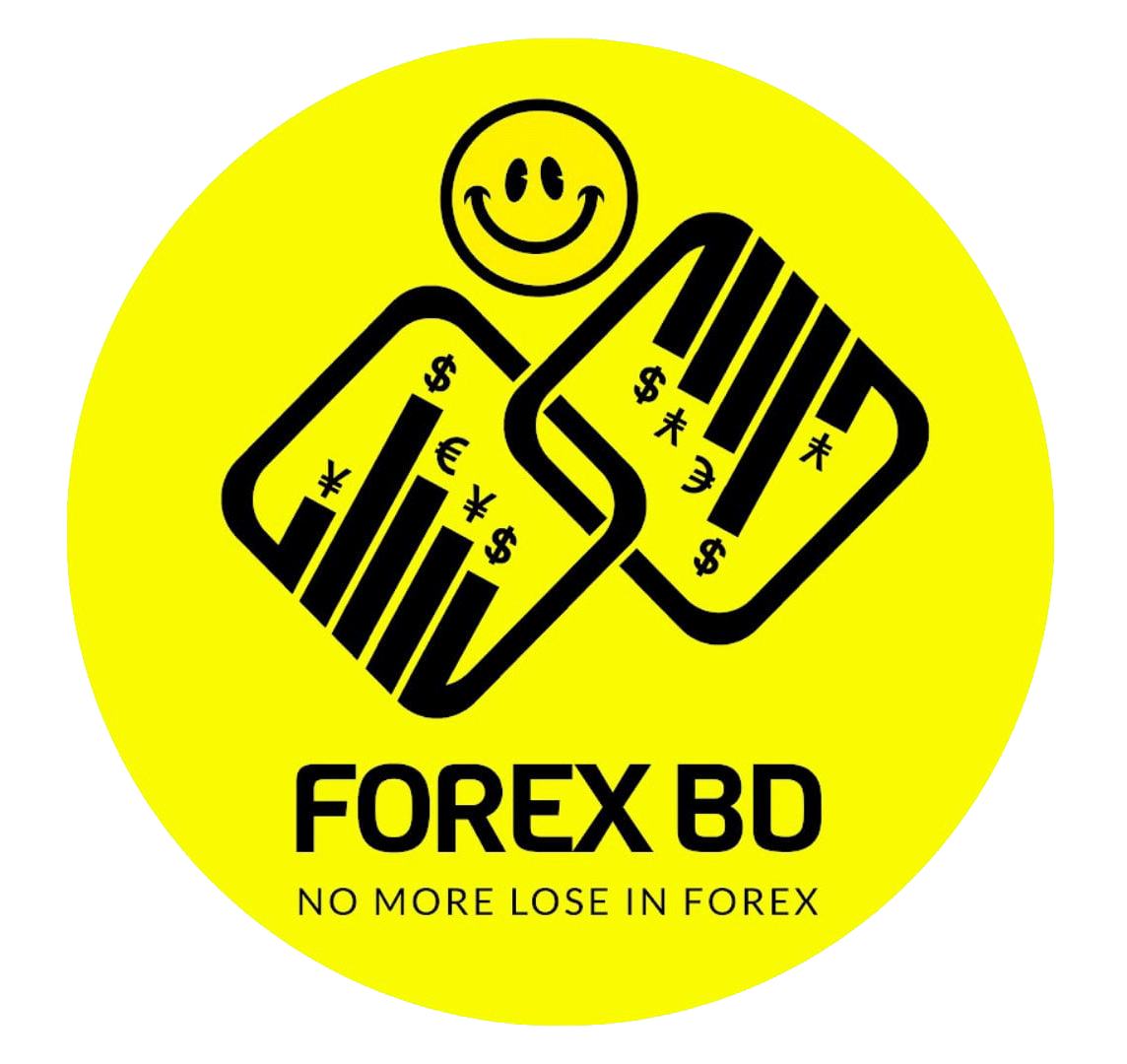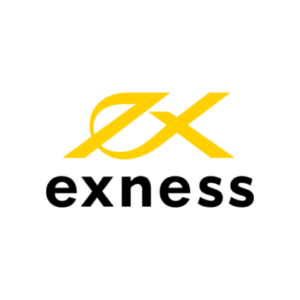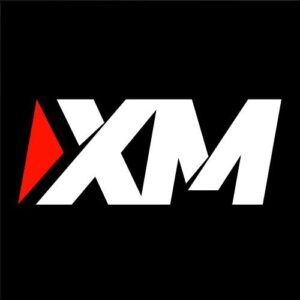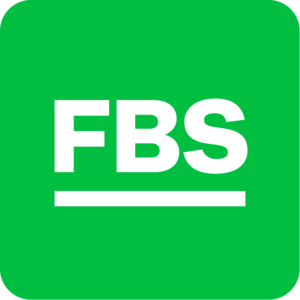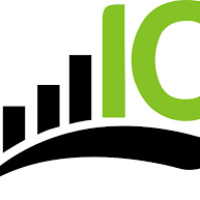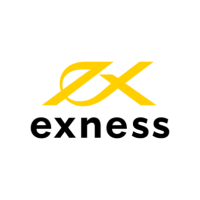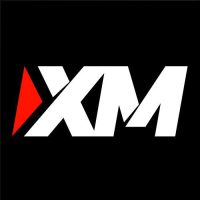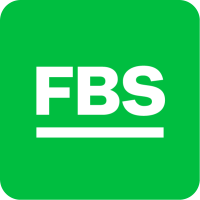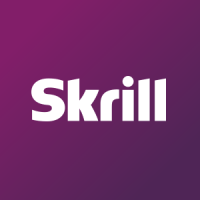Comparison of Swap-Free Forex Accounts and Regular Forex Accounts
Forex trading is a popular way of investing in the global financial markets. Forex accounts come in different types, each with its own unique features and benefits. Two popular types of forex accounts are swap-free forex accounts and regular forex accounts. This article compares these two account types, highlighting their differences and similarities, and discusses their suitability for different types of traders.
Table of Contents
- Introduction
- What are swap-free forex accounts?
- How do swap-free forex accounts work?
- Benefits of swap-free forex accounts
- Drawbacks of swap-free forex accounts
- What are regular forex accounts?
- How do regular forex accounts work?
- Benefits of regular forex accounts
- Drawbacks of regular forex accounts
- Comparison of swap-free forex accounts and regular forex accounts
- Trading conditions
- Fees and commissions
- Rollover rates
- Islamic principles compliance
- Who should use swap-free forex accounts?
- Who should use regular forex accounts?
- Conclusion
- FAQs
- What is a rollover rate in forex trading?
- Is it better to use a swap-free forex account or a regular forex account?
- Can I switch between a swap-free forex account and a regular forex account?
- Do all forex brokers offer swap-free forex accounts?
- How do I open a swap-free forex account?
What are swap-free forex accounts?
Swap-free forex accounts, also known as Islamic forex accounts, are accounts that do not charge or pay interest on overnight positions. This is because the charging or paying of interest is against Islamic principles, which prohibit usury. Swap-free forex accounts are thus suitable for Muslim traders who wish to engage in forex trading without violating their religious beliefs.
How do swap-free forex accounts work?
Swap-free forex accounts work by replacing the overnight interest charges or payments with an administration fee. This fee is usually charged on a per-lot basis, and its amount varies depending on the forex broker and currency pair traded. The administration fee is generally lower than the overnight interest rate, making swap-free forex accounts more cost-effective for traders who hold positions overnight.
Benefits of swap-free forex accounts
Some benefits of swap-free forex accounts include:
- Compliance with Islamic principles
- Lower trading costs for traders who hold positions overnight
- No interest charges on positions held for an extended period
- Access to the same trading conditions and instruments as regular forex accounts
Drawbacks of swap-free forex accounts
Some drawbacks of swap-free forex accounts include:
- Higher spreads or commissions compared to regular forex accounts
- Limited availability, as not all forex brokers offer swap-free accounts
- Restrictions on certain trading strategies, such as scalping
- Administration fees may vary depending on the broker and currency pair traded
What are regular forex accounts?
Regular forex accounts, also known as standard forex accounts, are accounts that charge or pay interest on overnight positions. The interest rate charged or paid depends on the currency pair traded, and whether the trader is buying or selling the currency. Regular forex accounts are suitable for traders who do not have any religious or moral objections to the charging or paying of interest.
How do regular forex accounts work?
Regular forex accounts work by charging or paying interest on overnight positions. This interest is known as a rollover rate, and it is calculated based on the difference between the interest rates of the two currencies being traded. The rollover rate can be positive or negative, depending on the direction of the trade and the interest rate differential.
Benefits of regular forex accounts
Some benefits of regular forex accounts include:
- Widely available, as most forex brokers offer regular forex accounts
- Lower spreads or commissions compared to swap-free forex accounts
- No restrictions on trading strategies or instruments
- Ability to earn interest on overnight positions, depending on the interest rate differential
Drawbacks of regular forex accounts
Some drawbacks of regular forex accounts include:
- Non-compliance with Islamic principles, which may deter Muslim traders
- Higher trading costs for traders who hold positions overnight
- Potential loss of interest income due to negative rollover rates
- Greater risk of losses due to overnight positions
Comparison of swap-free forex accounts and regular forex accounts
When comparing swap-free forex accounts and regular forex accounts, there are several factors to consider, including trading conditions, fees and commissions, rollover rates, and compliance with Islamic principles.
Trading conditions
Swap-free forex accounts and regular forex accounts generally offer the same trading conditions and instruments, including major and minor currency pairs, commodities, and indices. However, some forex brokers may impose restrictions on certain trading strategies or instruments, particularly on swap-free forex accounts.
Fees and commissions
Swap-free forex accounts may have higher spreads or commissions compared to regular forex accounts. This is because the administration fee charged on swap-free accounts is typically higher than the overnight interest rate charged on regular accounts. However, the overall trading costs of swap-free accounts may be lower for traders who hold positions overnight.
Rollover rates
Swap-free forex accounts do not charge or pay interest on overnight positions, while regular forex accounts do. This means that traders using regular accounts may earn or pay interest on overnight positions, depending on the interest rate differential. However, if the interest rate differential is negative, traders may incur additional trading costs, which may be higher than the administration fee charged on swap-free accounts.
Islamic principles compliance
Swap-free forex accounts are designed to comply with Islamic principles, which prohibit usury. This makes them suitable for Muslim traders who wish to engage in forex trading without violating their religious beliefs. Regular forex accounts, on the other hand, charge or pay interest on overnight positions, which may not be acceptable to Muslim traders.
Who should use swap-free forex accounts?
Swap-free forex accounts are suitable for Muslim traders who wish to comply with Islamic principles and engage in forex trading without violating their religious beliefs. They are also suitable for traders who hold positions overnight and wish to lower their trading costs.
Who should use regular forex accounts?
Regular forex accounts are suitable for traders who do not have any religious or moral objections to the charging or paying of interest. They are also suitable for traders who engage in short-term trading strategies, such as scalping, and do not hold positions overnight.
Conclusion
Swap-free forex accounts and regular forex accounts are two popular types of forex accounts that offer different features and benefits. While swap-free accounts are designed to comply with Islamic principles and may be more cost-effective for traders who hold positions overnight, regular accounts offer lower trading costs and no restrictions on trading strategies or instruments. The choice between these two account types depends on the trader’s preferences, trading style, and religious beliefs.
FAQs
- What is a rollover rate in forex trading?
- A rollover rate is the interest rate charged or paid on overnight positions in forex trading. It is calculated based on the difference between the interest rates of the two currencies being traded.
- Is it better to use a swap-free forex account or a regular forex account?
- The choice between a swap-free forex account and a regular forex account depends on the trader’s preferences, trading style, and religious beliefs.
- Can I switch between a swap-free forex account and a regular forex account?
- Yes, most forex brokers allow traders to switch between different types of forex accounts, including swap-free and regular accounts.
Name
Details
Rating
Regulation: CySEC, FCA, DFSA, FSCA, FSA, CMA
Founded: 2008
Founders: Petr Valov, Igor Lychagov
Year Founded : 2008
Deposit Methods: VISA, MasterCard, Neteller, Skrill, WM, PM, Crypto (MORE)
Leverage: 1:30 | 1:500
Regulation: CySEC, FCA, DFSA, FSCA, FSA.
Min. Deposit: 5 US$
Min. Withdraw : 5 US$
HQ: Sydney, Australia
Platforms: MT4, MT5, ctrader, web trading
Found in: January 30, 2007
Deposit Methods: Bank Wire (BankTransfer), VISA, MasterCard, Neteller, Skrill, WM, PM, Crypto
Year Founded : 2010
Cryptocurrencies:
 Yes
YesDeposit Methods: Local Deposit, Bank Wire (BankTransfer), VISA, MasterCard, Neteller, Skrill, WM, PM, Crypto, USDT
Year Founded : 2010
Cryptocurrencies: (5+) Bitcoin, Litecoin, Ethereum
Deposit Methods: Local Deposit, Bank Wire (BankTransfer), VISA, MasterCard, Neteller, Skrill, WM, PM, Crypto, USDT (MORE)
Year Founded : 2009
Cryptocurrencies:



Deposit Methods: Bank Wire (BankTransfer/SWIFT), VISA, MasterCard, Alipay, Bitcoin, Bitcoin Cash, Boleto, Ether/Ethereum, Litecoin, Local Bank Deposits, M-Pesa, Mobile Money, Monero, PerfectMoney, Ripple, WebMoney
Year Founded : 2009
Cryptocurrencies:



Deposit Methods: Local Deposit, Bank Wire (BankTransfer), VISA, MasterCard, Neteller, Skrill, WM, PM, Crypto, USDT
Year Founded : 2009
Cryptocurrencies:



Deposit Methods: Bank Wire (BankTransfer/SWIFT), VISA, MasterCard, Alipay, Bitcoin, Bitcoin Cash, Boleto, Ether/Ethereum, Litecoin, Local Bank Deposits, Mobile Money, PerfectMoney, WebMoney, USDT
Year Founded : 2011
Cryptocurrencies: (25+) Bitcoin, Litecoin, Ethereum
Deposit Methods: Bank Deposit, VISA, awepay, Bitcoin, FasaPay, Local Bank Deposits, Local Bank Transfers, Neteller, paytm, Skrill, UnionPay, USDT
Leverage: 1:20 | 1:500
Regulation: CySEC, FCA, DFSA, FSCA, FSA.
Min. Deposit: 50 US$
Min. Withdraw : 50 US$
HQ: Australia, Cyprus, and the UK.
Platforms: MT4, cTrader, web trading
EAs/Robots: ✅ Yes | News Trading: ✅ Yes | Scalping: ✅ Yes
Cryptocurrencies: 20+) Bitcoin, Litecoin, Ethereum
Deposit Methods: Local Deposit, Bank Wire (BankTransfer), VISA, MasterCard, Neteller, Skrill, Crypto. USDT
Leverage: 1:20 | 1:500
Regulation: CySEC, FCA, DFSA, FSCA, FSA.
Min. Deposit: 100 US$
Min. Withdraw : 100 US$
HQ: Cyprus, the UK, Australia, and the United States.
Platforms: MT4, cTrader, web trading
EAs/Robots: ✅ Yes | News Trading: ✅ Yes | Scalping: ✅ Yes
Cryptocurrencies: 20+) Bitcoin, Litecoin, Ethereum
Deposit Methods: Local Deposit, Bank Wire (BankTransfer), VISA, MasterCard, Neteller, Skrill, Crypto. USDT
Leverage: 1:20 | 1:500
Regulation: CySEC, FCA, DFSA, FSCA, FSA.
Min. Deposit: 50 US$
Min. Withdraw : 50 US$
HQ: Australia, Cyprus, and the UK.
Platforms: MT4, cTrader, web trading
EAs/Robots: ✅ Yes | News Trading: ✅ Yes | Scalping: ✅ Yes
Cryptocurrencies: 20+) Bitcoin, Litecoin, Ethereum
Deposit Methods: Local Deposit, Bank Wire (BankTransfer), VISA, MasterCard, Neteller, Skrill, Crypto. USDT
Year Founded : 2010
Cryptocurrencies:



Deposit Methods: Local Deposit, Bank Wire (BankTransfer), VISA, MasterCard, Neteller, Skrill, WM, PM, Crypto, USDT
A Forex broker is a financial services company that provides traders with access to the foreign exchange market. The primary function of a Forex broker is to facilitate the buying and selling of currencies by acting as an intermediary between the trader and the market ( Forex BD / BD Forex / ForexBD / ForexBDLTD / Forex bd LTD / @forexbd )..
Forex brokers offer traders a variety of services, including trading platforms, market analysis, and educational resources. They also provide access to leverage, which allows traders to control larger positions with a smaller amount of capital.
Forex brokers can operate in different ways, such as market makers, which set their own bid and ask prices and take the opposite side of their clients’ trades, or as agency brokers, which pass their clients’ orders directly to the market without any intervention.
Choosing a reliable and trustworthy Forex broker is important for traders to ensure that they receive fair and transparent pricing, access to a range of financial instruments, and adequate customer support ( Forex BD / BD Forex / ForexBD / ForexBDLTD / Forex bd LTD / @forexbd )..
Forex brokers play an important role in the foreign exchange market by providing liquidity and enabling traders to participate in the market with ease. Forex brokers offer a wide range of services and tools to traders, including:
Trading Platforms: Forex brokers provide traders with access to trading platforms that allow them to place trades, analyze the market, and manage their trading accounts.
Market Analysis: Forex brokers offer traders access to market analysis, including news, research, and economic data. This can help traders make informed decisions about when to enter or exit the market.
Educational Resources: Forex brokers often provide educational resources, such as webinars, videos, and tutorials, to help traders improve their trading skills and knowledge.
Leverage: Forex brokers offer traders access to leverage, which allows traders to control larger positions with a smaller amount of capital. However, it’s important to note that leverage can increase both potential profits and losses.
Customer Support: Forex brokers provide customer support to help traders with any questions or issues they may have ( Forex BD / BD Forex / ForexBD / ForexBDLTD / Forex bd LTD / @forexbd )..
When choosing a Forex broker, traders should consider factors such as the broker’s reputation, regulation, trading conditions, fees and commissions, and customer support. It’s important to choose a broker that is reliable, transparent, and offers competitive pricing and trading conditions.
Forex brokers provide traders with access to various types of trading platforms, each with its own unique features and advantages. Here are some of the most common types of Forex broker platforms:
MetaTrader 4 (MT4): MT4 is one of the most popular Forex trading platforms, used by millions of traders worldwide. It is known for its user-friendly interface, extensive charting tools, and support for automated trading through Expert Advisors (EAs) ( Forex BD / BD Forex / ForexBD / ForexBDLTD / Forex bd LTD / @forexbd )..
MetaTrader 5 (MT5): MT5 is the newer version of MT4 and offers additional features and improvements, such as more advanced charting tools, additional order types, and support for more financial instruments.
cTrader: cTrader is a trading platform that offers advanced charting tools, support for automated trading, and fast order execution. It is known for its user-friendly interface and customization options.
WebTrader: WebTrader is a browser-based trading platform that allows traders to access the market from any device with an internet connection. It is a popular choice for traders who prefer a simple and easy-to-use platform ( Forex BD / BD Forex / ForexBD / ForexBDLTD / Forex bd LTD / @forexbd )..
Mobile Trading Platforms: Forex brokers also offer mobile trading platforms that allow traders to access the market and manage their positions from their smartphones or tablets. These platforms typically offer a range of features, including real-time quotes, charts, and news updates.
When choosing a Forex broker platform, it’s important to consider factors such as ease of use, charting tools, order types, automated trading options, customization options, and compatibility with your trading style and strategy. Ultimately, the best platform for you will depend on your individual needs and preferences as a trader.
Forex brokers can be categorized into different types based on their business model and the services they offer to their clients. Here are some of the most common types of Forex brokers ( Forex BD / BD Forex / ForexBD / ForexBDLTD / Forex bd LTD / @forexbd ). :
Dealing Desk (DD) Brokers: Dealing Desk brokers, also known as market makers, act as counterparties to their clients’ trades. They provide liquidity to the market by taking the opposite side of their clients’ trades, and may also offer fixed spreads, guaranteed stop-loss orders, and other risk management tools.
No Dealing Desk (NDD) Brokers: No Dealing Desk brokers do not act as counterparties to their clients’ trades, but instead route their orders directly to liquidity providers, such as banks, financial institutions, and other brokers. NDD brokers typically offer variable spreads and faster order execution speeds than DD brokers.
Electronic Communication Network (ECN) Brokers: ECN brokers are similar to NDD brokers, but instead of routing orders to a single liquidity provider, they connect their clients to a network of liquidity providers, which compete to offer the best bid and ask prices. ECN brokers typically charge a commission for their services, but offer some of the tightest spreads and fastest order execution speeds in the market.
Straight Through Processing (STP) Brokers: STP brokers are similar to NDD brokers, but instead of routing orders directly to liquidity providers, they use automated systems to execute orders based on pre-defined trading rules. STP brokers may offer variable or fixed spreads, and may charge a commission or markup on their services.
Hybrid Brokers: Hybrid brokers combine elements of different business models, such as acting as both a market maker and an ECN broker, or offering both fixed and variable spreads. Hybrid brokers may offer a range of services and account types to meet the needs of different types of traders.
When choosing a Forex broker, it’s important to consider the broker’s business model and the services they offer, as well as their reputation, regulation, and customer support. The best broker for you will depend on your individual needs and trading style, as well as the trading conditions and fees offered by the broker.
Forex trading is a popular financial activity that involves buying and selling currencies to profit from the fluctuations in exchange rates. As with any financial activity, it is essential to choose a reputable and regulated broker to ensure the safety of your funds and a fair trading environment. In this article, we will discuss some of the top regulated forex broker houses.
Online forex trading payment methods refer to the various payment options available for forex traders to deposit or withdraw funds from their trading accounts. In the world of forex trading, payment methods play a vital role in facilitating smooth transactions, and it is important to choose a secure and reliable payment method that suits your needs.
Like, Share & Subscribe to Our Official Sites
Contact with Us :
Copyright © 2023 Forex BD
Risk Warning: Trading on financial markets carries risks. Contracts for Difference (‘CFDs’) are complex financial products that are traded on margin. Trading CFDs carries a high level of risk since leverage can work both to your advantage and disadvantage. As a result, CFDs may not be suitable for all investors because you may lose all your invested capital. You should not risk more than you are prepared to lose. Before deciding to trade, you need to ensure that you understand the risks involved and take into account your investment objectives and level of experience.
Disclaimer : Forexbd.ltd is not encouraging anyone to do forex/stock trading, as there are investments and financial risks involved. ForexBD channel or videos are educational and informative. Before deciding to invest in the forex market, you should carefully consider your investment objectives, level of experience, and risk appetite.
#ForexTrading #ForexMarket #ForexBroker #ForexSignals #ForexAnalysis #ForexEducation #ForexPlatform #ForexTools #ForexStrategy #ForexTradingTips #ForexInvesting #ForexNews #CurrencyTrading #OnlineTrading #TradingSoftware #TechnicalAnalysis #FundamentalAnalysis #RiskManagement #MarketResearch #TradingCommunity #ForexTradingSignals #ForexTradingSystem #ForexMarketAnalysis #ForexMarketNews #ForexMarketResearch #ForexTradingStrategies #ForexTrader #ForexTradingSoftware #ForexTradingCourse #ForexTradingForBeginners #ForexTradingPlatform #ForexTradingEducation #ForexTradingAcademy #ForexTradingOnline #ForexTradingCommunity #ForexTradingCharts #ForexTradingIndicators #ForexTradingAccount #ForexTradingCoach #ForexTradingRobot
